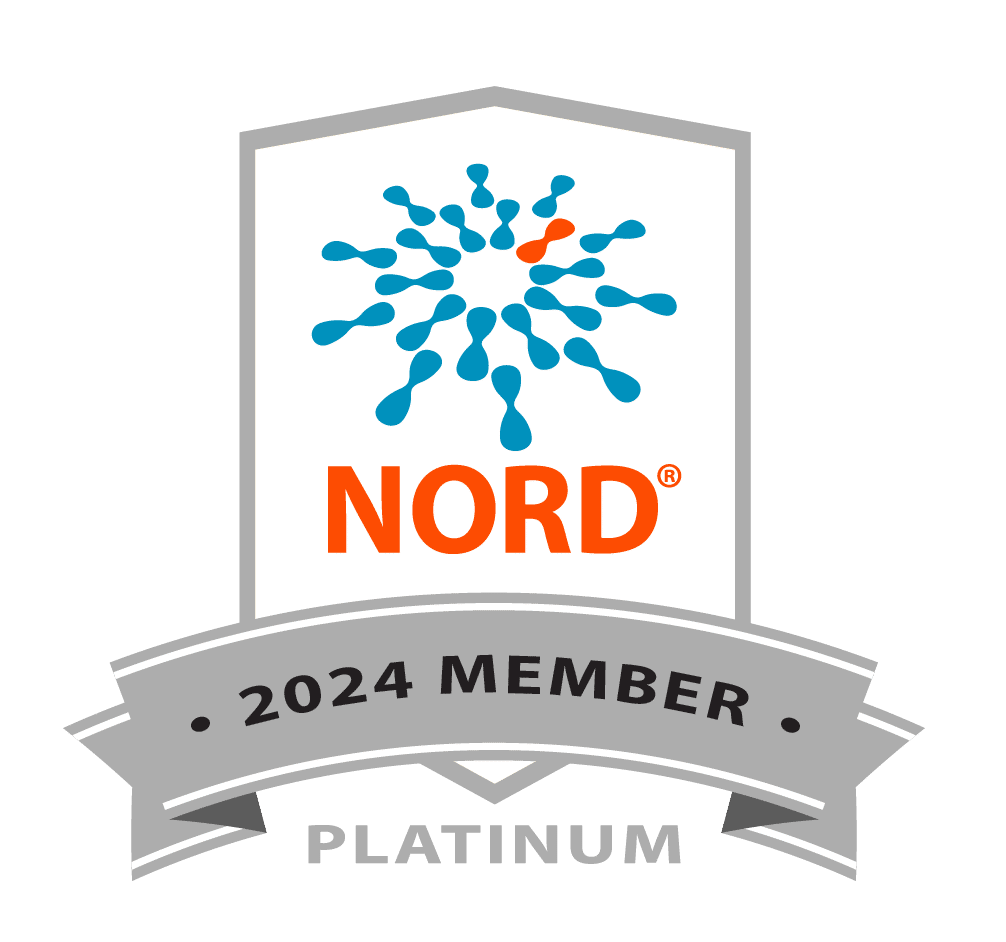Conxi Lazaro, Ph.D.
Hereditary Cancer Program, Genetic Diagnostics Unit, Hereditary Cancer Program, Catalan Institute of Oncology (lCO-IDIBELL), Barcelona, Spain.
A significant proportion of germ line mutations causing Neurofibromatosis type 1 affect the correct splicing of the NFl gene. Splicing is a complex mechanism by which introns from a pre-mRNA are removed. This process is finely regulated at the cellular level, and it has been shown that it can be modulated by using antisense oligonucleotides (AONs). Multiple studies have demonstrated the power of AONs in modulating abnormal splicing caused by constitutive DNA mutations, first in cultured cells, later in preclinical animal models and currently in several promising clinical trials.
A subset of splicing mutations, known as deep intronic mutations, creates or strengthens acceptor or donor splice sites that, using a wild-type counterpart sequence, lead to the inclusion of a cryptic exon in the mRNA that will eventually produce an aberrant protein. In NFl, deep intronic mutations account for approximately 2% of all NFl germline mutations identified to date. ; will review different examples in which Phosphorodiamidate Morpholino Oligomers (PMOs, a class of AONs) have been used to efficiently correct the abnormal splicing produced by Nfl deep intronic mutations.
Reestablishment of normal splicing after PMO treatment has been analyzed at the mRNA level in different patient-derived primary cell cultures. Furthermore, indirect evidence of neurofibromin function restoration has been assessed by quantifying the levels of active Ras before and after PMO treatment. In vitro results collected so far have demonstrated the considerable potential of this type of antisense therapy for deep intronic NFl-causing mutations, although further experimental studies, particularly in preclinical animal models, will be
required in order to safely translate these results into clinical trials and eventually to the clinic.
The success of clinical trials using AON technology for other mis-splicing mutations causing Duchenne muscular dystrophy (DMD) is an encouraging result and outlines a possible path from bench to bedside for these types of mutations causing Neurofibromatosis type 1.




